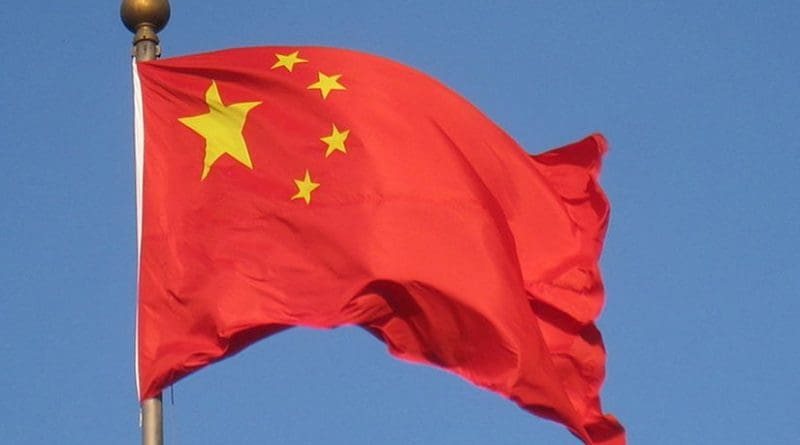China Starts Trade Battle Over Market Economy Status
By EurActiv
(EurActiv) — Beijing on Monday (12 December) filed a dispute with the World Trade Organisation over the approach used by the European Union and the United States to calculate anti-dumping measures against Chinese exports.
When China joined the WTO in 2001, its accession terms allowed other WTO members to treat it as a non-market economy when assessing dumping duties for 15 years. That gave trade partners the advantage of using a third country’s prices to gauge whether China was selling its goods below market value.
But part of that clause expired on Sunday (11 December), which China says means trading partners must drop their use of such surrogate pricing.
China’s commerce ministry regretted that the EU and the US have not carried out their obligation and has requested consultations with both parties to have a WTO panel rule, the first step in what will likely be a drawn out battle at the Geneva-based body.
“China has communicated through many channels for the third-country comparison to expire. What’s very regrettable is that the EU and US have not acted to allow it to expire. It has had a severe impact on Chinese exports,” it said. “China is protecting its lawful rights and acting appropriately to maintain the WTO rules.”
The European Commission proposed last month a new way of treating China, but its plans are awaiting approval from the EU’s 28 member states and the European Parliament.
Last week Brussels angered Beijing by launching an anti-dumping case under the old system – using the prices of a third country – just days before the 11 December deadline.
Meanwhile, the US on Friday (9 December) imposed punitive anti-dumping tariffs on Chinese-made washing machines, imports of which into the US were worth more than $1.1 billion last year. It also announced the launch of a new anti-dumping investigation into plywood imports from China, which were also worth more than $1bn last year.
The United States and European Union are some of the biggest levellers of anti-dumping measures under this process against China. The measures have seriously affected exports and employment for Chinese firms, the ministry added.
The EU and the US have repeatedly argued that China’s market reforms have fallen short of expectations, especially in aluminum and steel, where state intervention has led to overcapacity, threatening industries around the world.
China makes more than half the world’s steel and is accused of massive dumping as its own market slows sharply, but premier Li Keqiang said the problem was not “triggered by any one country”.

